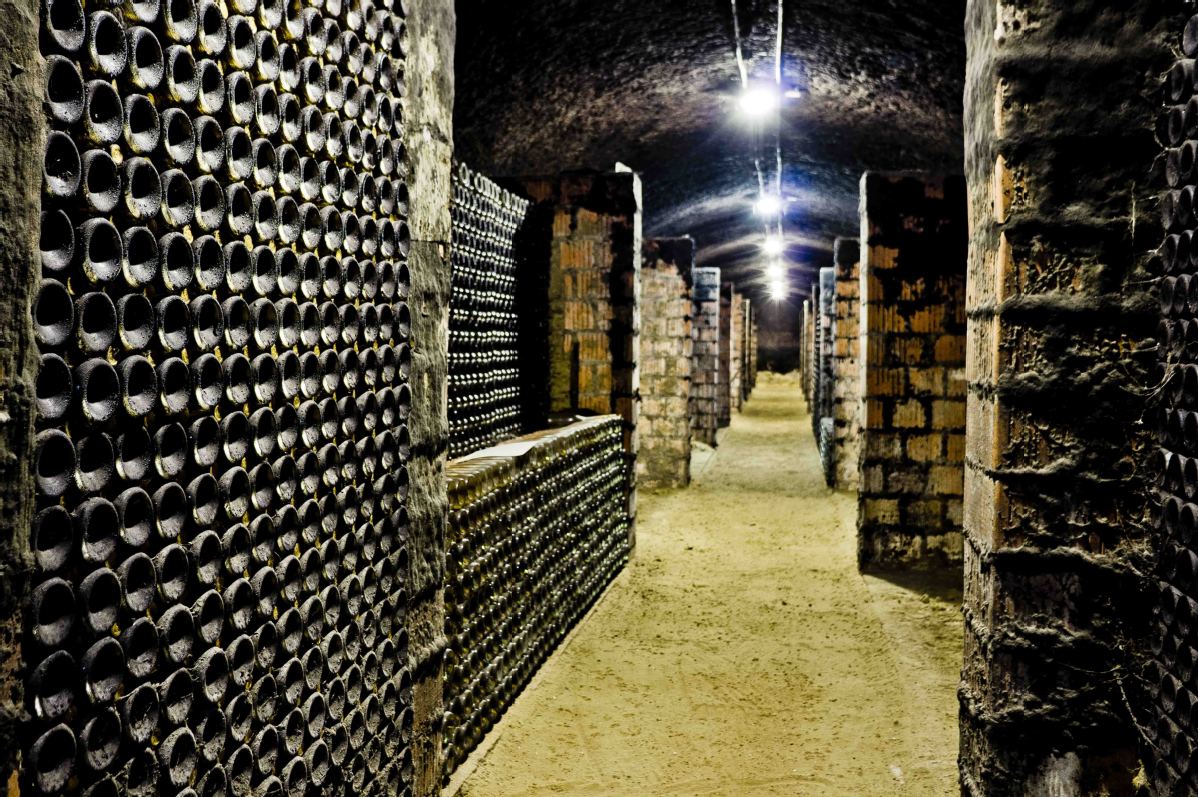Wine lovers develop a thirst for knowledge


He said many global wine-producing regions are entering the Chinese market, as they attach great importance to it. International wine exhibitions are also being staged in the country.
"Many global wine associations want to influence the Chinese market and develop their networks in the country's second-tier cities, such as Wuhan (capital of Hubei province)," he said. "They are aiming for the future, as they see Chinese people's consumption power."
Zhu, from Roland Berger, said Chinese consumers' enthusiasm for wine education will endure, and more people will join the industry. Some wine schools offering a professional approach to their training systems are closely connected with wine-producing areas around the world, he added.
"The problem is, wine training in China focuses too much on getting certificates, but development of the wine community and research about the industry are still weak," he said. "Moreover, as the market booms, the industry will need more regulation."
Walker, from the Dragon Phoenix School, encourages her students to be more critical when tasting wine and to understand how all the elements involved in making it, including climate, soil and production techniques, can affect the flavor.
"The scope for wine knowledge is broad and very diverse. In addition to what is written in the textbooks, there is a lot of other knowledge to seek and digest," she said, adding that a lack of qualified teachers could restrict development of the country's wine-education sector.


















